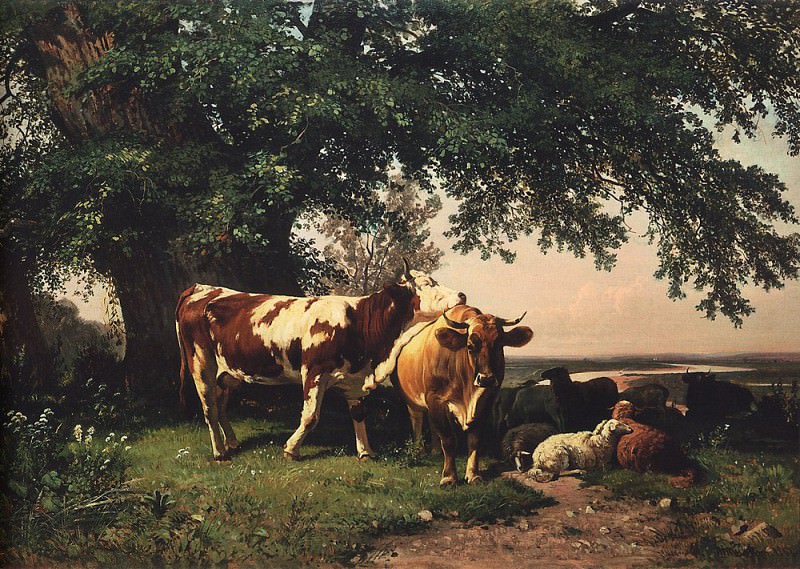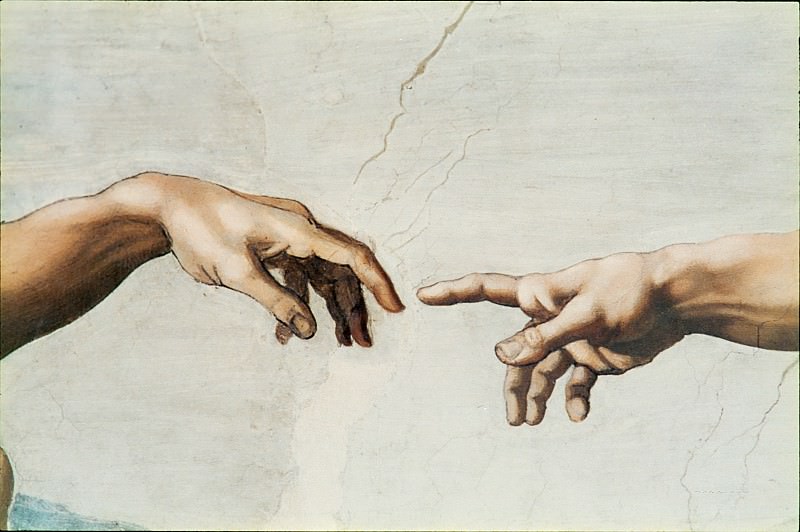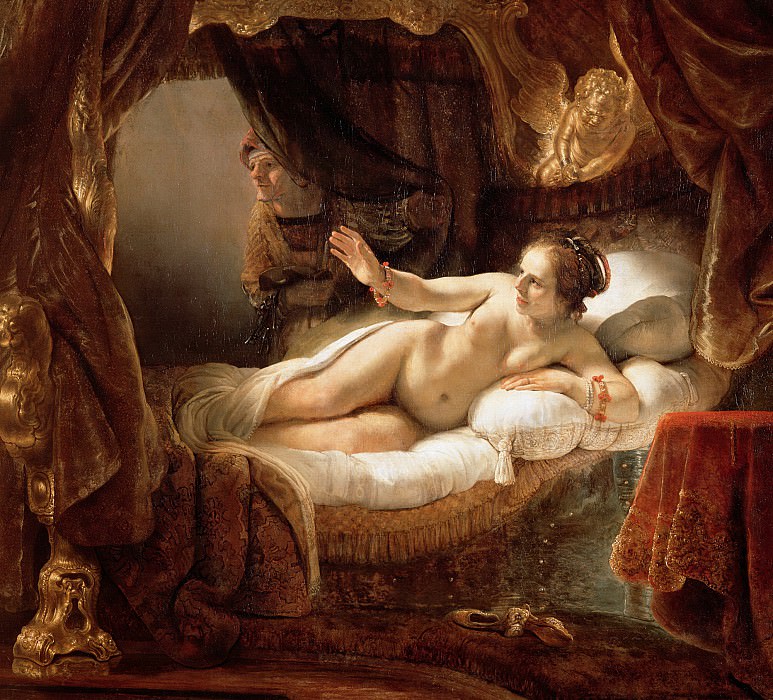The Iconic Art of Milton Glaser
Milton Glaser's art stands as a testament to the power of visual communication and design. Renowned as one of the most influential graphic designers of the 20th century, Glaser's work encompasses a wide range of mediums, from posters and album covers to magazine illustrations and branding. His innovative approach to design has left an indelible mark on the world of art and continues to inspire designers and artists globally.
Early Life and Influences
Milton Glaser was born on June 26, 1929, in the Bronx, New York. From a young age, he exhibited a keen interest in art, drawing inspiration from comic books and popular culture. His formal education in art began at the High School of Music & Art in New York City, followed by studies at Cooper Union for the Advancement of Science and Art, where he honed his skills and developed a unique artistic voice.
Glaser's artistic journey took a significant turn when he was awarded a Fulbright Scholarship to study at the Academy of Fine Arts in Bologna, Italy. Under the tutelage of renowned artist Giorgio Morandi, Glaser's understanding of form, color, and composition deepened. This period of study in Italy profoundly influenced his artistic style, blending classical art techniques with contemporary graphic design principles.
Push Pin Studios and the Birth of a Movement
In 1954, Milton Glaser co-founded Push Pin Studios with fellow Cooper Union graduates Seymour Chwast, Reynold Ruffins, and Edward Sorel. The studio quickly became a hub of creative innovation, challenging traditional boundaries between fine art and commercial art. Push Pin Studios' work was characterized by its eclectic style, drawing from a diverse range of influences, including Art Nouveau, Surrealism, and Pop Art.
One of the studio's most notable contributions was the creation of "The Push Pin Graphic," a publication that showcased their experimental designs and illustrations. This publication not only solidified Push Pin Studios' reputation in the design world but also set a new standard for graphic design, emphasizing the importance of visual storytelling and artistic expression.
The "I ♥ NY" Campaign
Perhaps Milton Glaser's most iconic and enduring work is the "I ♥ NY" logo, created in 1977 as part of a campaign to promote tourism in New York City. At a time when the city was facing economic challenges and a declining image, Glaser's simple yet powerful design captured the spirit and resilience of New Yorkers. The logo's bold typography and use of a red heart symbol conveyed a sense of love and pride for the city, resonating with both residents and visitors.
The "I ♥ NY" logo quickly became a cultural phenomenon, symbolizing not only the city itself but also the broader concept of urban identity and pride. Its timeless appeal and versatility have ensured its continued relevance, appearing on everything from t-shirts and mugs to billboards and social media.
Poster Art and Visual Storytelling
Milton Glaser's poster art is another significant aspect of his artistic legacy. His posters often combined bold colors, intricate patterns, and imaginative imagery to create visually striking compositions. One of his most famous posters is the 1966 psychedelic portrait of Bob Dylan, featuring the singer's silhouette with vibrant, swirling hair. This poster, created to accompany Dylan's "Greatest Hits" album, exemplifies Glaser's ability to merge music, culture, and art into a cohesive visual narrative.
Glaser's posters were not limited to the music industry; he also created memorable designs for films, theater productions, and social causes. His ability to distill complex ideas into visually compelling images made his posters powerful tools for communication and advocacy. Whether promoting a concert, a movie, or a social movement, Glaser's posters captured the essence of the message and engaged viewers on an emotional level.
Magazine Design and Editorial Illustration
In addition to his work in posters and branding, Milton Glaser made significant contributions to magazine design and editorial illustration. As a co-founder of New York Magazine in 1968, Glaser played a crucial role in shaping the publication's visual identity. His innovative approach to layout, typography, and illustration set a new standard for magazine design, influencing countless publications that followed.
Glaser's editorial illustrations were characterized by their wit, humor, and insightful commentary. He had a unique ability to convey complex ideas through simple, yet thought-provoking images. His illustrations for publications such as The New York Times, Esquire, and The Village Voice demonstrated his versatility as an artist and his deep understanding of the power of visual communication.
Legacy and Continuing Influence
Milton Glaser's impact on the world of art and design is immeasurable. Throughout his career, he received numerous awards and honors, including the National Medal of Arts in 2009, presented by President Barack Obama. His work has been exhibited in major museums and galleries worldwide, cementing his status as a visionary artist and designer.
Glaser's legacy continues to inspire new generations of artists and designers. His emphasis on creativity, innovation, and the integration of art and design serves as a guiding principle for those seeking to make their mark in the creative industries. His belief that design has the power to change the world is a testament to the enduring relevance and importance of his work.
Conclusion
Milton Glaser's art is a celebration of creativity, innovation, and the transformative power of design. From his early days at Push Pin Studios to his iconic "I ♥ NY" logo, Glaser's work has left an indelible mark on the world of art and design. His ability to blend classical techniques with contemporary aesthetics, combined with his keen understanding of visual communication, has made him a true pioneer in the field. As we continue to navigate an ever-evolving visual landscape, Milton Glaser's art serves as a timeless reminder of the profound impact that design can have on our lives.















